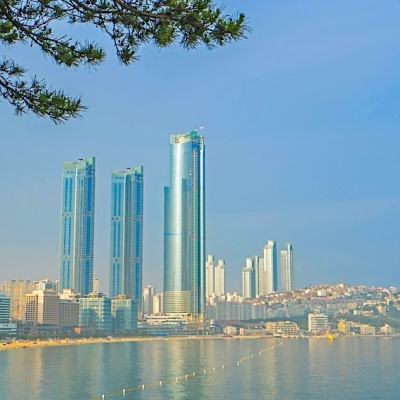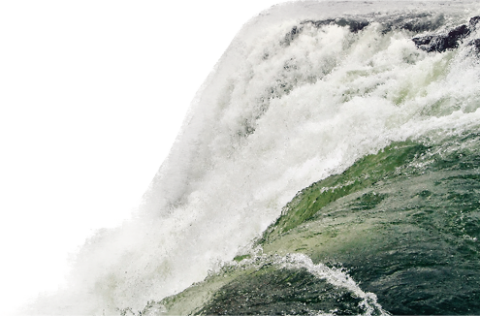In March 2022, at the resumed fifth session of the UN Environment Assembly (UNEA-5.2), a historic resolution was adopted to develop an international legally binding instrument on plastic pollution, including in the marine environment.
The resolution (5/14) requested the Executive Director of the UN Environment Programme (UNEP) to convene an Intergovernmental Negotiating Committee (INC) to develop "the instrument," which is to be based on a comprehensive approach that addresses the full life cycle of plastic, including its production, design, and disposal.
The INC began its work during the second half of 2022, with the ambition to complete the negotiations by the end of 2024. The first session of the INC (INC-1) took place in Punta del Este, Uruguay from 28 November to 2 December 2022, followed by a second session (INC-2) from 29 May to 2 June 2023 in Paris, France. The third session (INC-3) marked the process' midway point from 13 to 19 November 2023 in Nairobi, Kenya, followed by the fourth session (INC-4) from 23 to 29 April 2024 in Ottawa, Canada.
The fifth session (INC-5) is scheduled for 25 November to 1 December 2024 in Busan, Republic of Korea.
Latest updates
The unedited English advance version of the Compilation of draft text (UNEP/PP/INC.5/4 ADVANCE) is now available
IISD: Earth Negotiations Bulletin daily coverage of the fourth session (INC-4)
Quick links: documents
Resolution adopted by the United Nations Environment Assembly on 2 March 2022 End plastic pollution: towards an international legally binding instrument UNEP/EA.5/Res.14 (7 March 2022) View | Download
Potential options paper UNEP/PP/INC.2/4 (13 April 2023) View | Download
Zero draft text UNEP/PP/INC.3/4 (4 September 2023) View | Download
Revised draft text UNEP/PP/INC.4/3 (28 December 2023) View | Download
Compilation of draft text unedited English advance version UNEP/PP/INC.5/4 ADVANCE (1 July 2024) View | Download
%20copy%202f00f.jpg)
Plastic pollution crisis
The rapidly increasing levels of plastic pollution represent a serious global environmental issue that negatively impacts the environmental, social, economic and health dimensions of sustainable development. Under a business-as-usual scenario and in the absence of necessary interventions, the amount of plastic waste entering aquatic ecosystems could nearly triple from some 9–14 million tonnes per year in 2016 to a projected 23–37 million tonnes per year by 2040.
What you need to know about the plastic pollution resolution
From Pollution to Solution: A global assessment of marine litter and plastic pollution
Notifications
Code of conduct to prevent harassment, including sexual harassment, at UN System events.
Status of contributions to the INC (as of 17 July 2024)
Donors update meeting (5 July 2024)
Contacts
INC Secretariat: unep-incplastic.secretariat@un.org
Registration enquiries: unep-incplastic.registration@un.org
Media enquiries: unep-incplastic.media@un.org
#INC5
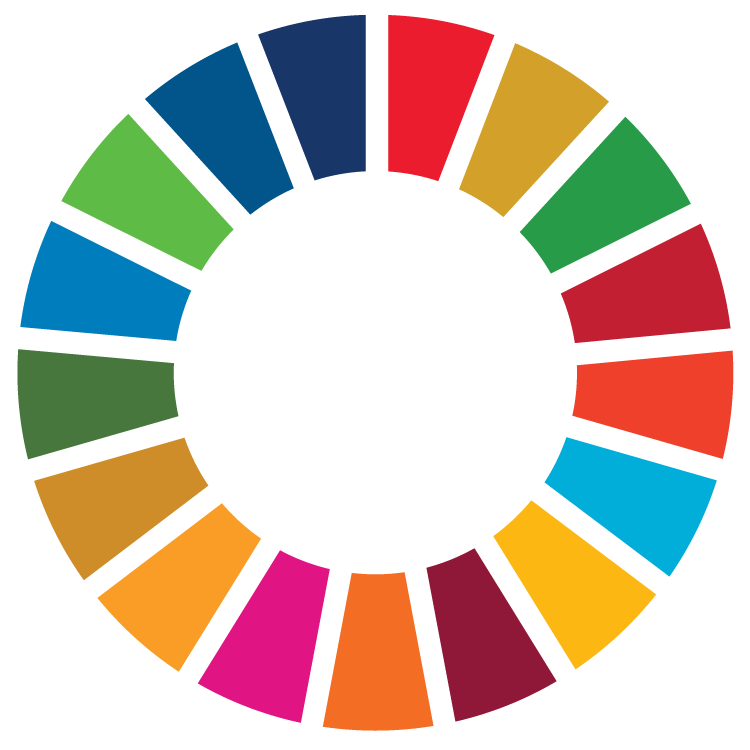
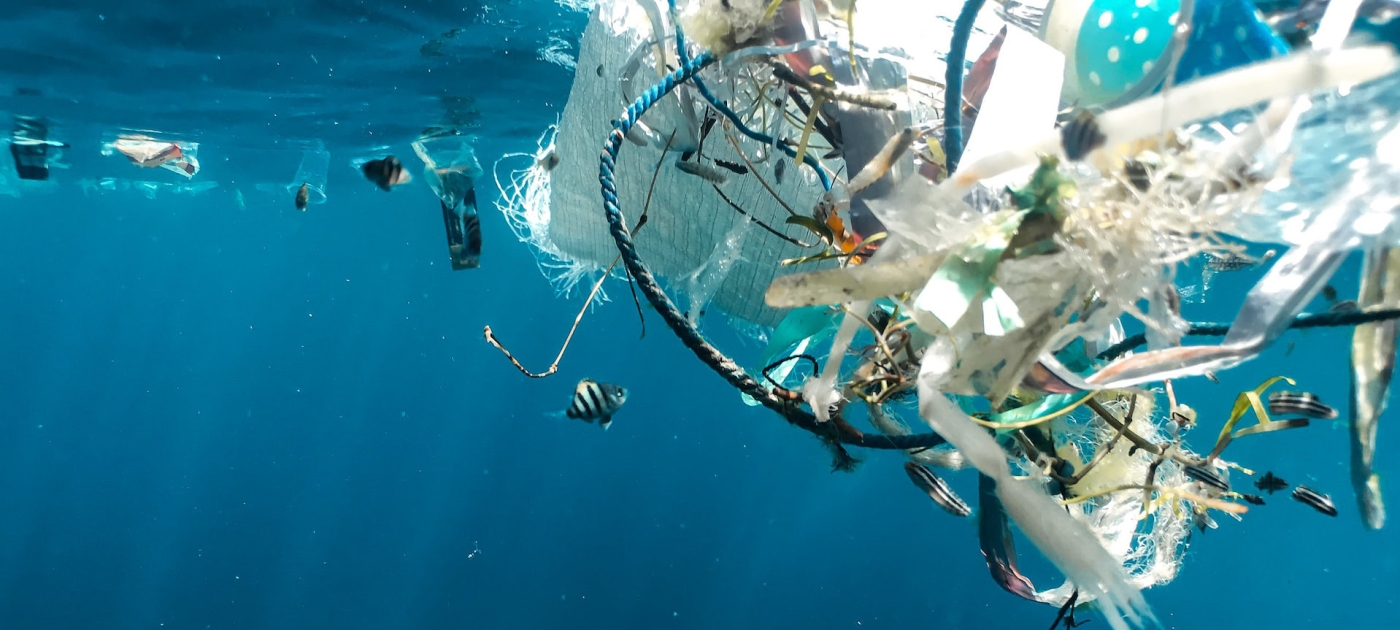
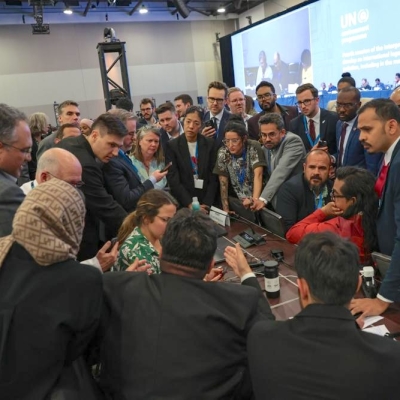
88bc.jpg)
